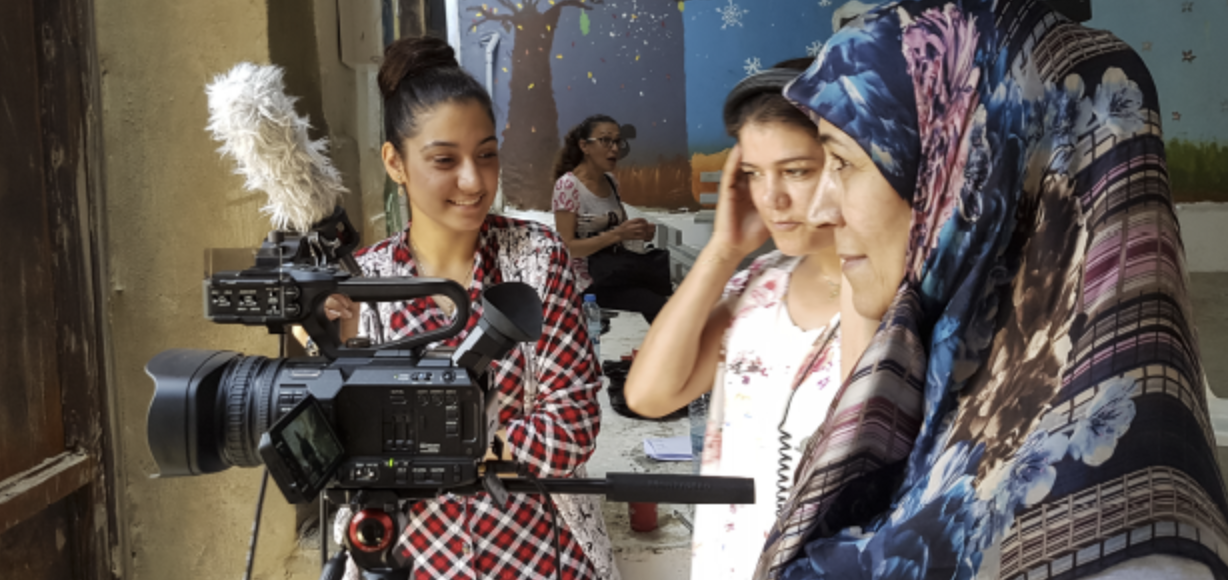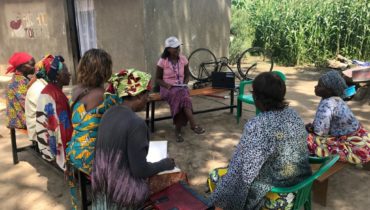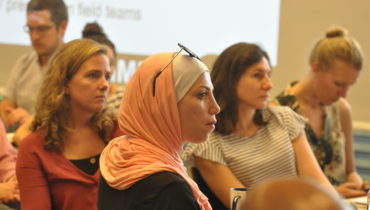Since the onset of the Syria crisis in 2011, Jordan has witnessed the arrival of over one million Syrians, of whom 665,000 are now registered as refugees with UNHCR. The international community, in close collaboration with the Government of Jordan, have mounted a significant response to this influx of refugees. Since then, a number of assessments and research pieces have been produced in Jordan and the region examining the needs of Syrian refugees, and the impact of various forms of assistance on their wellbeing.
Against this background, IMPACT Initiatives, in collaboration with the Institute for Development Studies (based at the University of Sussex, Brighton) and ACTED, undertook a secondary data review to assess existing data and research into the impact of different modalities of reception on wellbeing outcomes of refugees. Using Bath framework for wellbeing in development, an approaches which uses the three dimensions of subjective, relational, and material wellbeing to analysis the concept of wellbeing, the research focused on the three areas of registration, access to economic opportunities, and housing and shelter.
The research finds that registration, economic participation, and housing interact in complex and overlapping ways. As many refugees in Jordan lack full registration documents, for example those who left refugee camps and now live in host communities, access to formalized employment is often challenging; this in turn means that they must seek accommodation in cheaper, less preferable areas.
Under the 2016 Jordan Compact, which gives Jordanian companies preferential access to EU markets in return for improving access to work for refugees, much work has been done to improve the access of Syrian refugees to formal work, through permits given out in sectors including agriculture and manufacturing. Despite this, much remains to be done and the vast majority of Syrians remain dependent on informal and irregular jobs. This can have negative impacts on their wellbeing as they are often exposed to exploitation and protection risks.
The report makes a number of recommendations aimed at international and national policymakers to continue to support Syrian refugees in Jordan, including seeking to regularize the registration status of those without full documentation, and continuing to provide humanitarian support whilst seeking the increased incorporation of refugees into the formal work sector.
Please find here the links to the report and policy briefs for Lebanon and Jordan.









